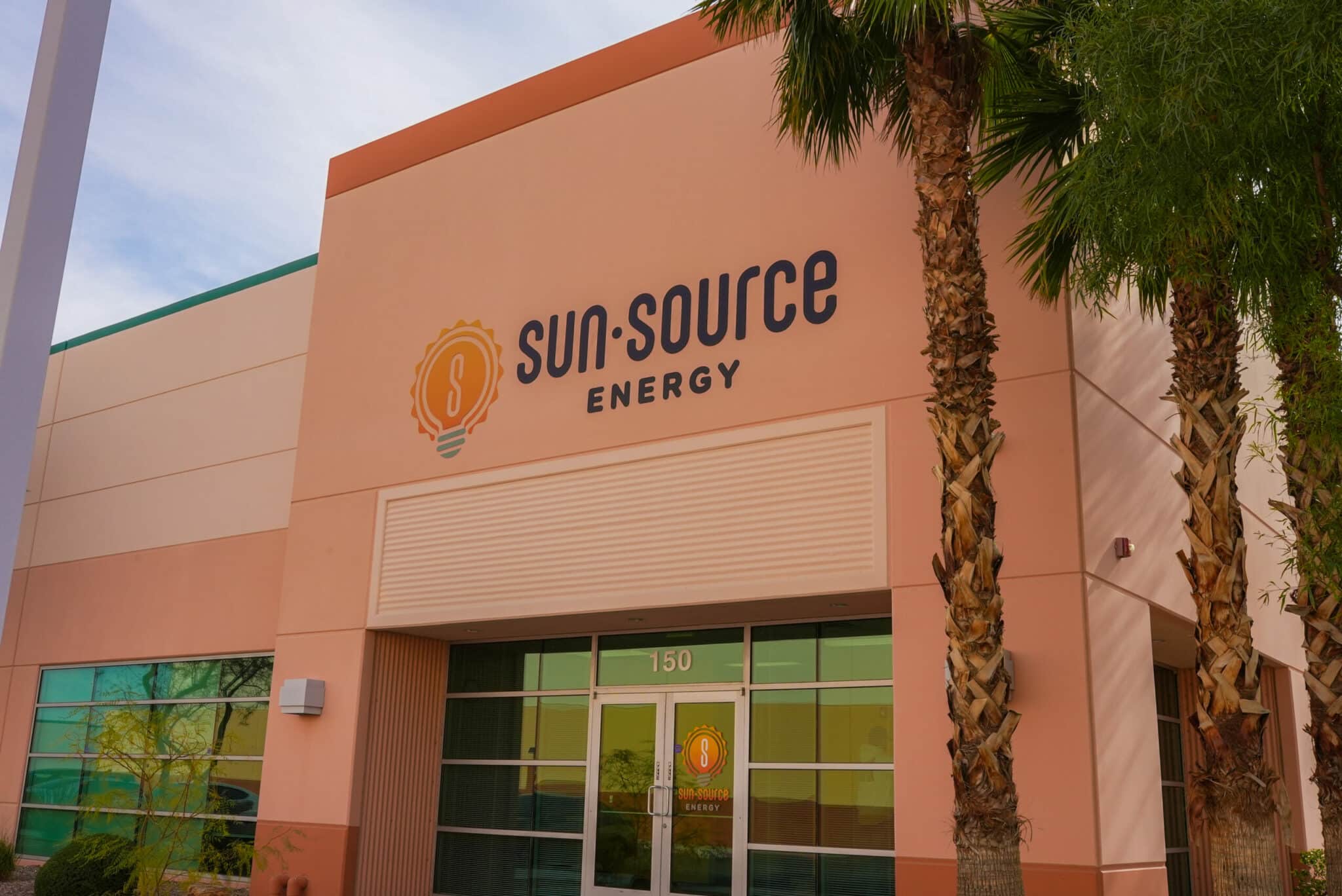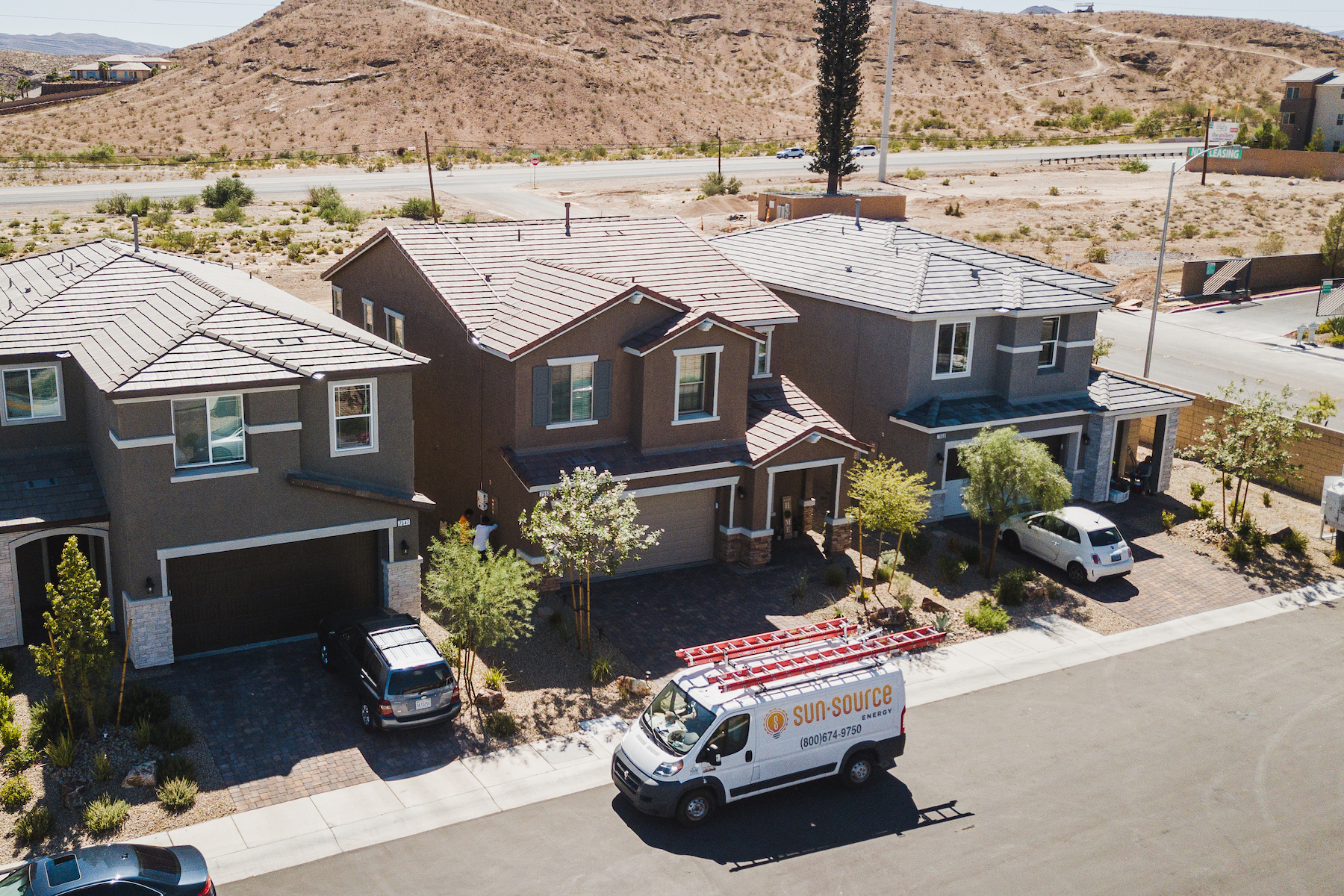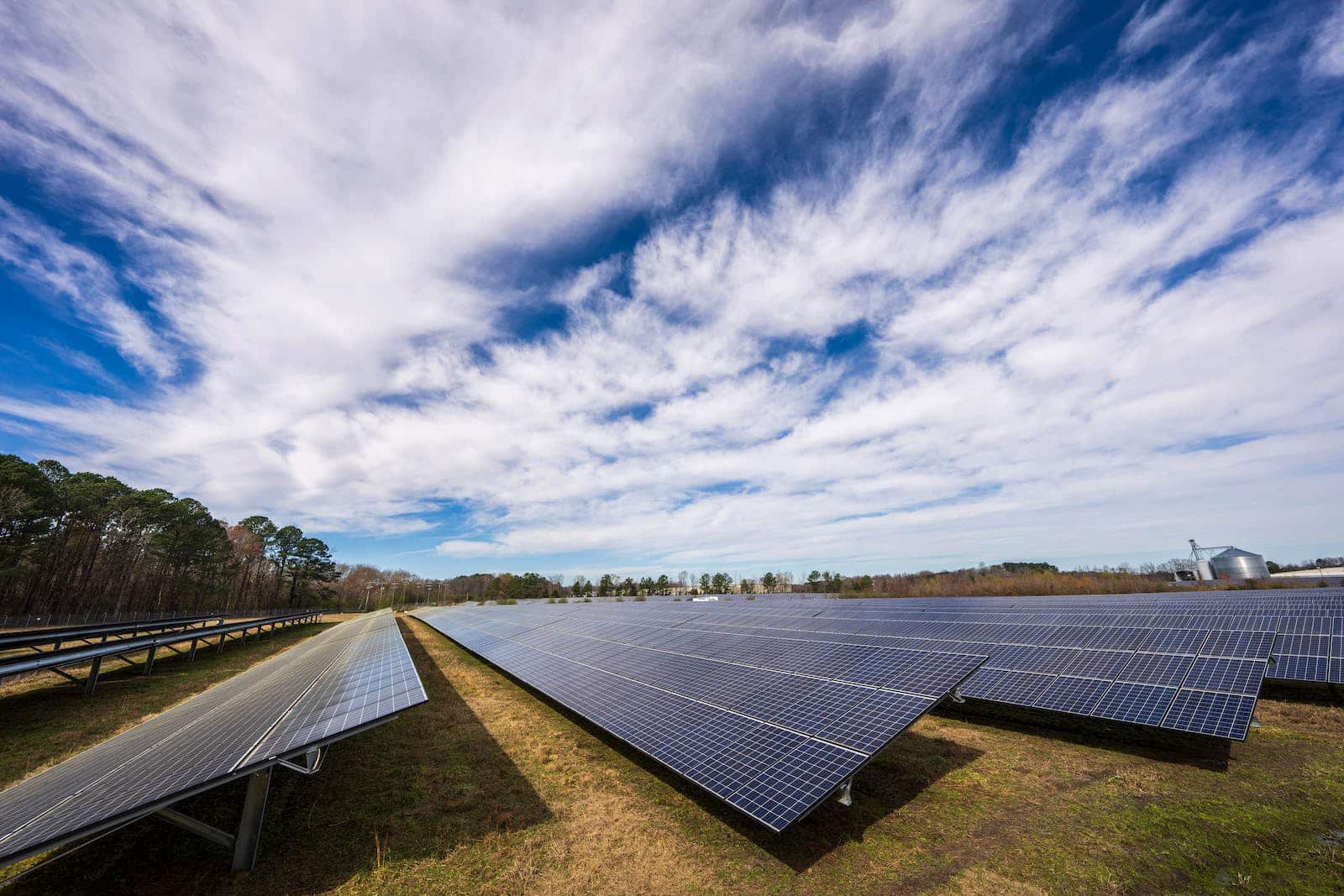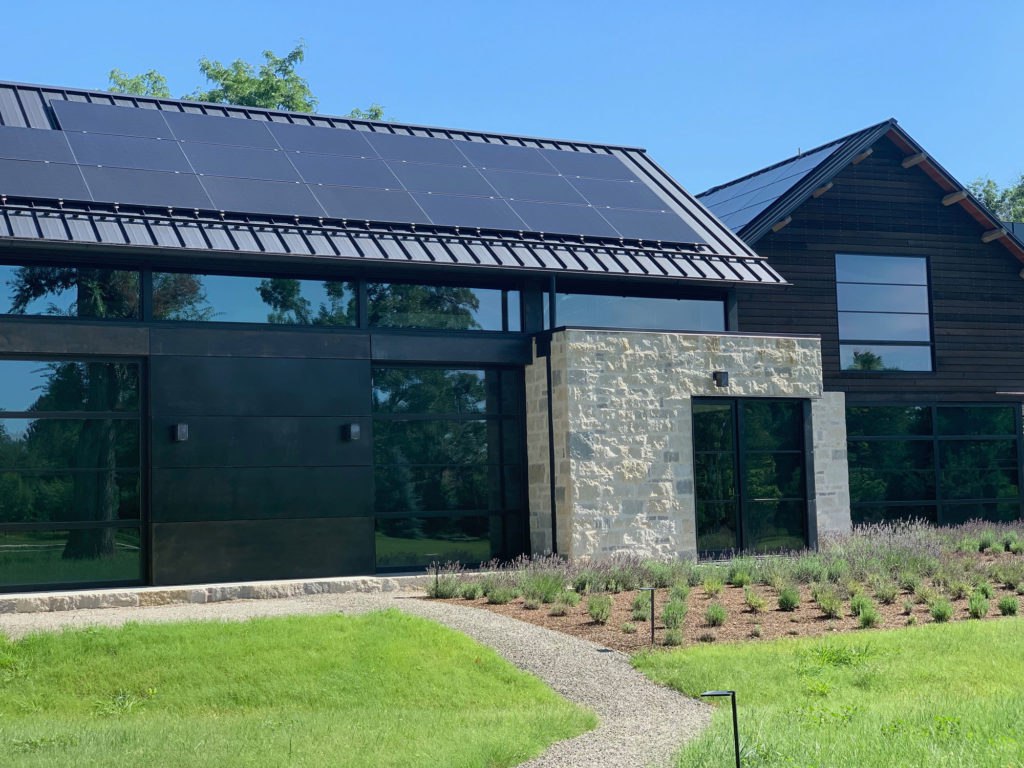Solar panels are quickly becoming a popular way for homeowners to harness renewable energy and reduce their dependence on fossil fuels. Solar panel installation is often seen as an intimidating process, but with the right guidance and knowledge, it can be done easily.
In this article, we will provide readers with a comprehensive overview of solar panel installation from start to finish, including choosing a solar contractor, preparing the roof area, installing the solar panels, and connecting them with the electrical system. By understanding each step in detail before starting the project, homeowners can confidently begin taking advantage of clean solar energy in no time!
Preparing the Roof Area for Solar Panels
One of the most important steps in installing solar panels is to prepare the roof area for the system. Solar panel installers must first inspect the roof to make sure it is suitable for holding solar panels and that it meets all safety regulations. They will take into account factors such as pitch, waterproofing, ventilation, wiring, insulation, and structural integrity of the roof. Solar installers may also need to remove existing roofing materials or replace them with fire-resistant tiles to meet safety standards for solar panel installation.
Installing Solar Panels on Your Roof
Solar panel installation is a complex process that requires careful preparation and professional expertise. Solar installers need to ensure that all components of the solar system are properly connected and meet safety regulations. Solar panels should be installed in an area of the roof that receives maximum sunlight, such as south-facing exposure.
Solar installers should also consider potential shading from nearby trees and other structures. Solar panels should be securely attached to the roof with brackets, bolts, and flashing tape. When connecting solar panels to the electrical system, licensed electricians must ensure that all wiring is properly installed and all safety regulations are met.
Solar installers must use certified wiring and make sure that all connections are secure. Solar power systems require special inverters, which convert direct current from the solar panels into the alternating current used by homes and businesses.
Connecting Solar Panels to the Electrical System
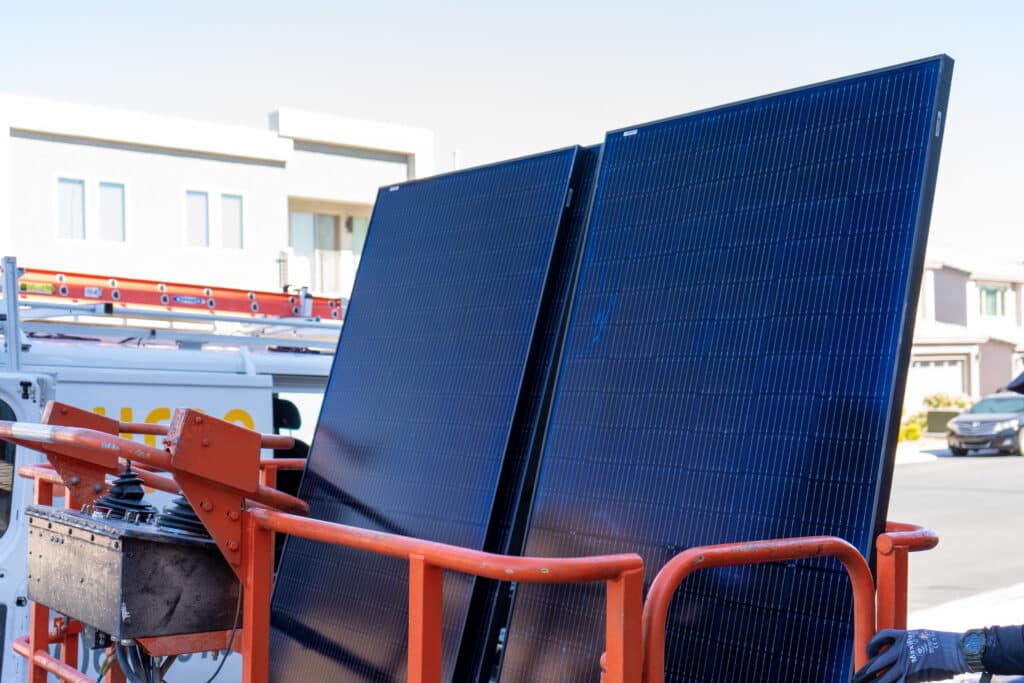
To ensure that your solar panel system functions correctly, certified wiring must be used to connect the panels to the electrical system. It is important for installers to verify that all connections are secure before powering up the entire setup.
In this way, you can rest assured knowing that your new energy source will provide reliable and efficient service. To make sure your solar power system is functioning properly, special inverters are necessary to convert the direct current from the solar panels into alternating current suitable for residential and commercial use.
Solar installers must also register the system with local utility companies and make sure that all safety regulations are met. Solar systems must be inspected by local authorities before being energized.
What to do next after connecting your solar power system.
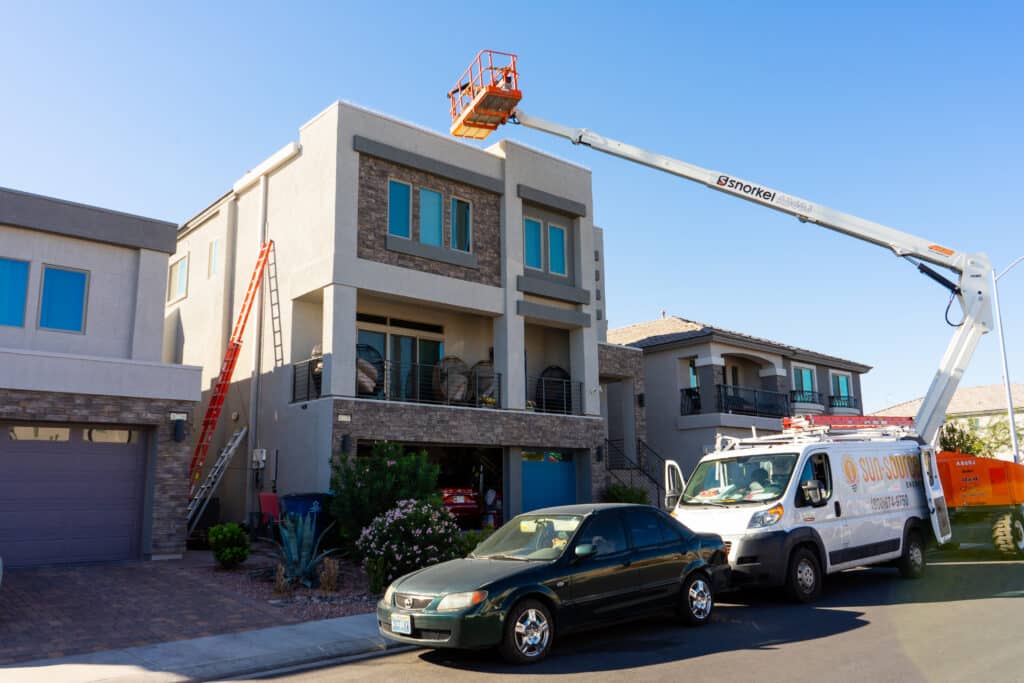
After connecting the solar power system, there are several maintenance tasks that need to be completed in order to keep it functioning properly. Solar panel owners should always check the system regularly for any signs of damage or malfunction.
Solar panels, inverters, and wiring should all be checked for proper connections and adequate power output. Solar panel owners should also track the energy production of their system and adjust it as needed to optimize performance. Solar panel owners should also clean their panels regularly to ensure they are free from dirt and dust, which can reduce efficiency.
Solar panel owners should contact their solar installer if they have any questions or concerns regarding the system.
Finally, homeowners who install solar power systems will need to monitor their energy usage and adjust their lifestyles accordingly. Solar panel owners have an incredible opportunity to reduce their electric bills and promote sustainability, but they must alter some of their daily routines in order to maximize the solar energy produced by these systems.
With a bit of dedication, however, you could be well on your way to taking advantage of this clean and cost-efficient power source that is ultimately beneficial for both your finances and our planet!
Conclusion
Solar energy has become a popular renewable resource for many homeowners. Solar panel installation requires careful preparation and professional expertise, but with the right knowledge, it can be done safely and effectively.
Solar installers need to ensure that all components of the solar system are properly connected and meet safety regulations. Solar panels should be installed in an area that receives maximum sunlight exposure while avoiding any shading from nearby trees or structures.
Solar systems must also be registered with local utility companies, inspected by authorities before being energized, and maintained regularly to optimize performance. With these tips in mind, you’ll have no problem taking advantage of this clean source of energy! If you’re looking for further advice on installing solar panels or would like help don’t hesitate to contact us today!

